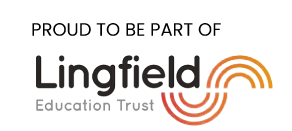At Hemlington Hall Academy we believe that Computing is an integral part of modern day life and therefore provides a wealth of learning opportunities, explicitly within computing and also across other curriculum subjects. Through the study of computing, children are able to develop a wide range of fundamental skills, knowledge and understanding that they will need for the rest of their lives. Computers are a part of everyday life with technology being essential to our daily lives, at home and at work. ‘Computational thinking’ is a skill children must be taught in order to provide them with essential knowledge and skills that will enable them to participate effectively in the digital world. We use ‘Purple Mash’ Scheme of Work to support and develop our curriculum which is planned progressively to meet the needs of the pupils in our school.
Intent
- Children are responsible, competent, confident and creative users of information and communication technology
- Children can appropriately choose to use technology as a tool for learning – and have the skills to do so, ready for Key Stage 2
- Children are able to use a range of applications and programs, so their use across the wider curriculum does not hinder learning – regardless of the equipment that the children may, or may not have at home
- Children understand what algorithms are, how to create, manipulate and program devices and that when they go wrong, they need debugging
- Know the key knowledge identified in each unit, so that they have a firm knowledge base to study when leaving Primary School
- Children are digitally literate: they use digital platforms safely, securely and efficiently applying these skills to all their online activities.
Our Computing Curriculum
Subject Leader: Miss Campbell



